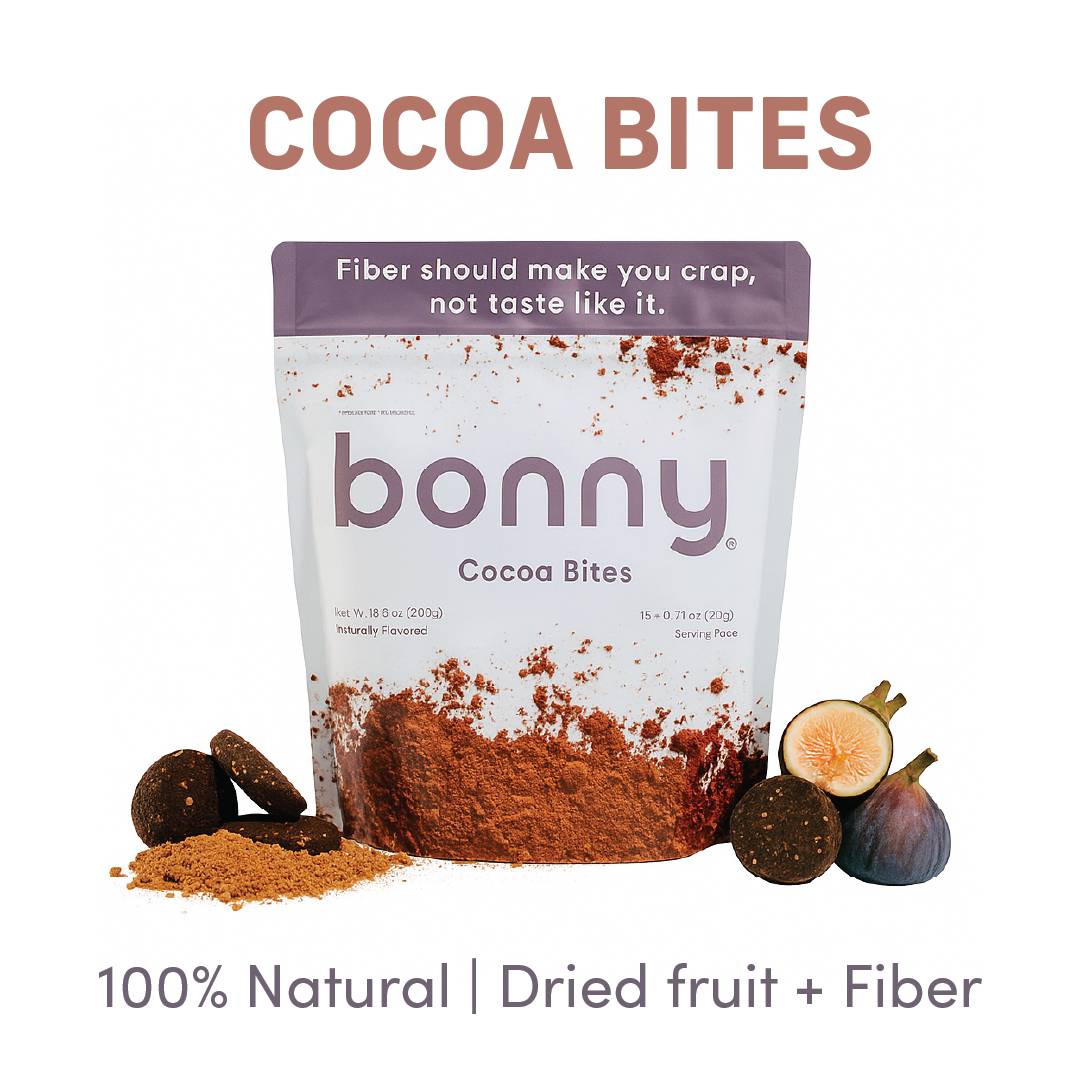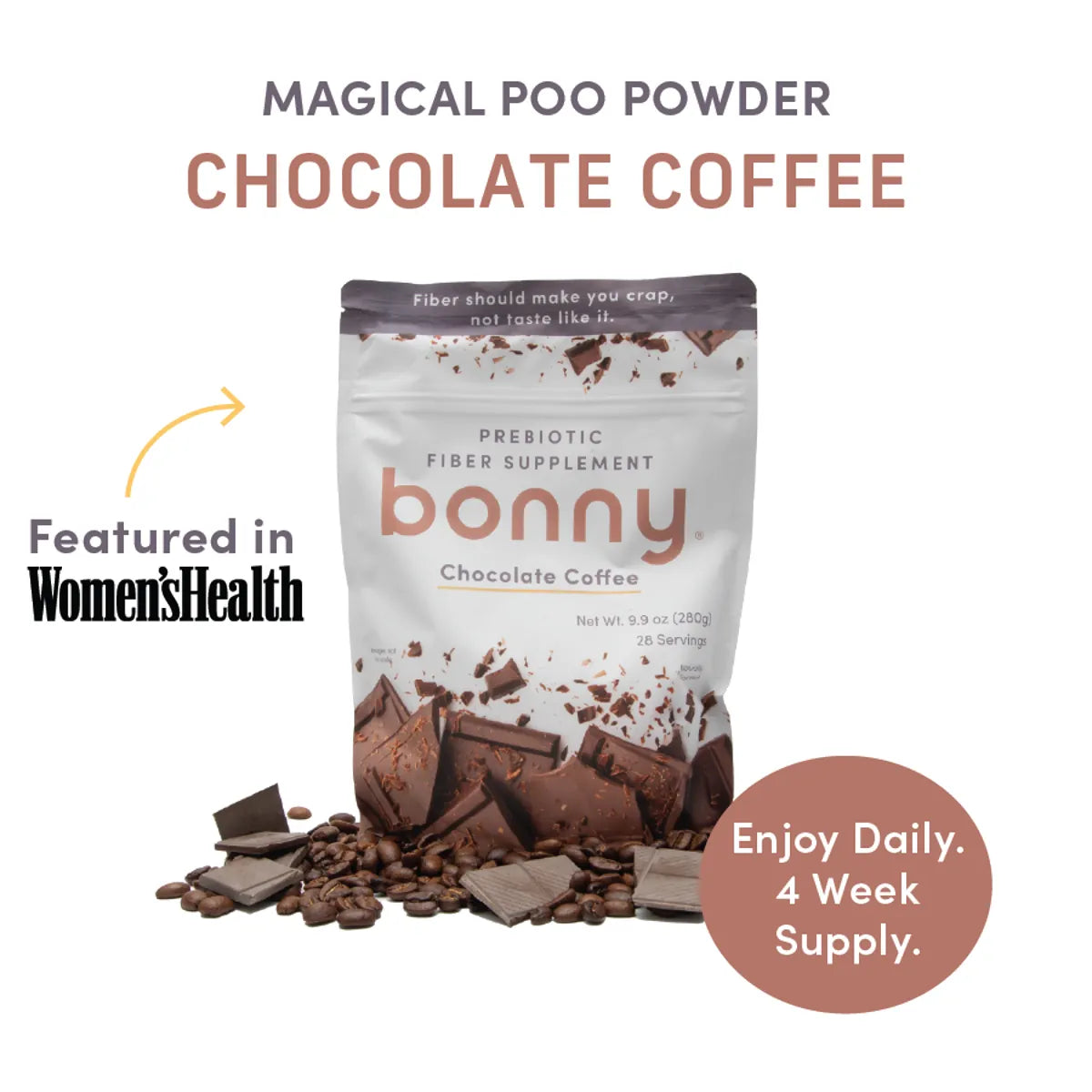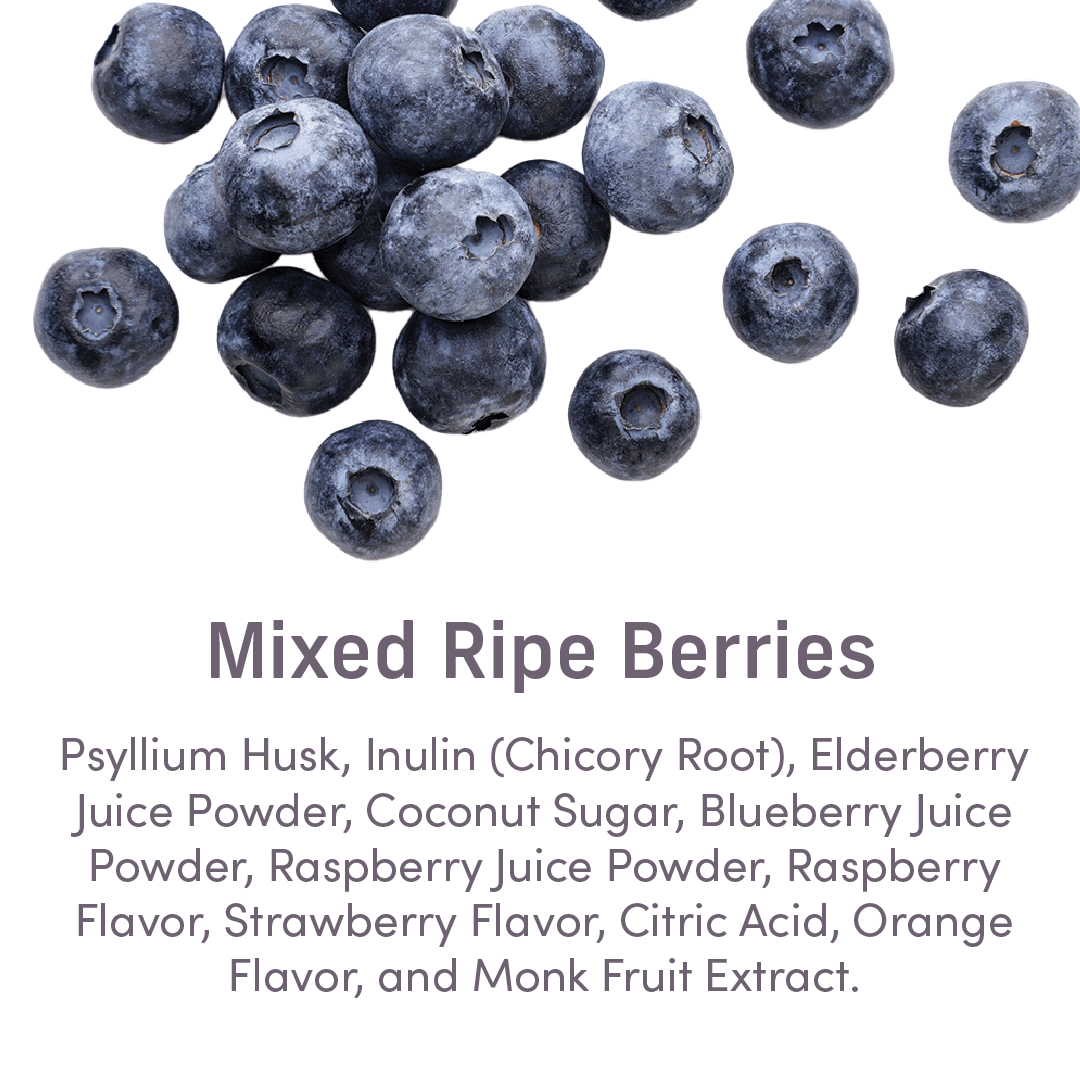Monk fruit, where have you heard that name before? It’s possible this natural sweetener was in your last healthy bake or you saw it on social media. As more people are selecting plant-based and natural products, monk fruit sweetener is getting its day in the sun because it's 150 to 200 times sweeter than sugar and doesn’t spike your blood sugar. Monk fruit sweetener, it's so hot right now! At Bonny, we are big fans of pure monk fruit (no erythritol) so read on to learn all about this amazing natural sweetener.
What is a Monk Fruit?!?
Workaholics / Via media.giphy.com
Monk fruits are little green or brown fruits also known as Siraitia grosvenorii or luo han guo. These sub-tropical melons were discovered in the remote mountains of Southern China and have been around for centuries.
Fun fact: it is called monk fruit because legend has it Buddhist monks were the first ones to cultivate the fruit nearly 800 years ago. (Mind blown we know.) While monk fruit has been around for a long time, the USDA approved monk fruit in 2010 and is Generally Recognized as Safe (GRAS).
Health Benefits of Monk Fruit Over Refined Sugar
You might be thinking, can something so sweet be actually good for you? Aren’t we supposed to be cutting down on our sugar intake? The monk fruit may be small, but it’s big on benefits and has a long history of medicinal use:
- Monk fruit has anti-inflammatory properties. Monk fruit contains mogrosides, a sugar molecule found in certain plants. These mogrosides are awesome because they have antioxidant characteristics and protect our cells from free radical damage which causes inflammation. Inflammation occurs when our bodies send a signal to fight off offending agents like bacteria and viruses and to heal damaged tissue. If your body sends out inflammatory cells when you are not sick or injured, then you may have chronic inflammation which has been linked to health problems like heart disease, cancer, arthritis, diabetes, and even digestive disorders. We don’t want that and as always, consult your doctor.
- Monk fruit aids in weight management. Monk fruit contains zero calories, no carbohydrates, or fat. It is generally safe for people to use, especially those watching what they eat as monk fruit is a healthy sugar substitute due to its sweet taste. It is also safe for people with diabetes as it does not affect blood sugar levels. Mongrosides do not get digested by the body as sugar hence no spike in blood sugar.
- Monk fruit may have anticancer properties. Research showed that monk fruit extract could reduce the risk of colorectal and throat cancer growth. The antioxidant effects of the mogrosides in monk fruit also reduce DNA damage by free radicals, which researchers link with cancer growth. We like the sound of that!
- Monk fruit may fight infections. Research showed that the new compound in monk, named siraitiflavandiol showed an ability to inhibit the growth of oral bacterial species. (Yeah, we don’t know how to pronounce this compound either but like that it may fight infections but still more research is needed.)
How to Use Monk Fruit
As we mentioned earlier, monk fruit is becoming more and more popular as it is a great substitute for sugar. Remember, monk fruit is 150 to 200 times sweeter than granulated white sugar! Yes, so a little goes a long way here.
And monk fruit can be added to anything! Add it as your sweetener to your morning coffee/tea or to your favorite recipes instead of sugar. The monk fruit to sugar ratio may not be 1:1 ratio due to the difference in sweetness. Some monk fruit sold in stores has erythritol in it to lower the sweetness, more on that later. Monk fruit comes in liquid, granular, and powder forms.
How is Monk fruit Sweetener Created?

Bob's Burgers / Via media.giphy.com
The short version is that producers take the monk fruit and remove the skin and seeds of the fruit. They then crush the remaining fruit into a juice, filtering out the sweet mogrosides of the monk into a finished product.
What About Monk Fruit With Erythritol?
Erythritol comes from the fermentation of corn or wheat starch with yeast. In its final state, erythritol looks like white powder crystals.
Erythritol is 70% as sweet as sugar. it is added to many monk fruit powders to reduce the sweetness of the monk fruit and create a sugar-like consistency. We do not use erythritol in our products preferring to craft our flavors using monk fruit in its purest form. Check the ingredients in commercially available monk fruit sweeteners; often erythritol will be the first ingredient to temper the sweetness.
Monk Fruit vs. Stevia
Another healthy sweetener is Stevia. Made from the leaves of the stevia plant, stevia is about 100 to 300 times sweeter than regular sugar, and it doesn’t have carbohydrates, calories, or artificial ingredients. Some people use stevia to sweeten their drinks, and also as a cooking and baking ingredient. We used Stevia and monk fruit sweetener together in the first version of our product and eliminated them in the second version because of reports from customers who detected some aftertaste from Stevia.
What is the Deal with Aspartame?
Often times you will see a product labeled as sugar-free meaning it contains no added sugar. Brands will instead add an artificial sweetener called aspartame or also known as Equal or SweetNLow. Hello, diet coke?
Aspartame is an artificial sweetener used as a sugar substitute commonly found in food and drinks. It is 200 times sweeter than sucrose. Aspartame is approved for use in food and beverages by the federal governement and has been so for decades. That being said, there are studies that show aspartame may cause serious health problems and other studies that say different. More research is needed and in the meanwhile we are focused on highlighting alternative sweetener options like monk fruit.
Why We Love Fiber

SpongeBob SquarePants / Via media.giphy.com
As you know, we love what fiber can do. Fiber has an amazing amount of health benefits: aids in constipation, helps build strong immunity and helps in weight management, the list could go on (read all about the fiber goodness here). Sadly 95% of Americans don’t get enough fiber. The USDA recommends the daily dietary fiber requirement to be 25 grams for women and 38 for men.
We understand the challenges of meeting the daily recommended fiber intake. You would have to eat 83 baby carrots or 5.6 medium apples to hit 25 grams of fiber per day. Allow us to introduce an easy and tasty way to increase fiber in your diet.
Say hello to Bonny Fiber.
Bonny is a plant-based, all-natural fiber powder supplement that helps you achieve your daily fiber needs with a dash of monk fruit sweetener. This custom blend of psyllium husk and inulin is vegan, gluten-free.
Bonny comes in four amazing fruit-filled flavors: Apple, Mixed Berries, and Super Strawberry.
As always, we wish you pleasant poops.




